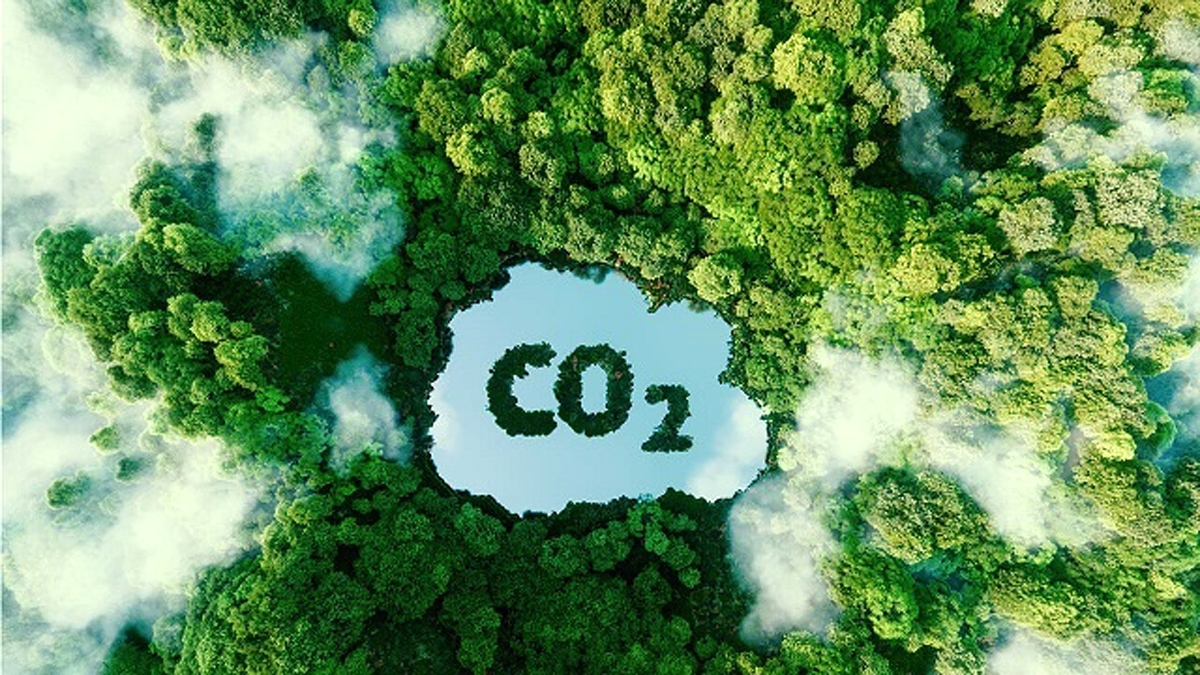
VOV.VN - Vietnam earned US$51.5 million from selling 10.3 million forestry carbon credits last year, opening up a significant opportunity for the country to speed up the transition to green production.

Nguyen Vo Truong An, deputy director general of the Carbon Credit Trading Platform ASEAN (CCTPA), shed light on the opportunity to develop the carbon credit market locally in an interview recently granted to VOV.
VOV: The World Bank has already transferred US$51.5 million worth of carbon credit sales to Vietnam. How do you evaluate this news?
An: It is truly good news that we are taking advantage of resources available to get green credits in the form of carbon credits for emission reduction projects in Vietnam.
Indeed, the country boasts great potential for carbon credit sales as technologies that help to reduce emissions and save energy have not been widely applied here. In addition, international organisations are considering pouring green finance into developing countries, especially those in Southeast Asia, and this is a great financial source that we can take advantage of. In other words, Vietnam is becoming a potential market for carbon credits.
VOV: Are Vietnamese businesses well prepared for green transition, as well as green finance?
An: In my opinion, the level of interest remains low compared to other countries in the world. Green transition is in its infancy in Vietnam as it has been known for only two years. Communications campaigns regarding carbon credits, green transition, and green credits have not been given due attention. Even large businesses have not been fully aware of this trend.

VOV: So what should they do to keep up with this trend globally?
An: I think this cannot be done overnight, but instead it must come from strategic thinking. The business leadership must therefore be equipped with complete knowledge about the ins and outs of green transition to come up with long-term development strategies.
Quite a few businesses that we have contacted are still struggling with the problem of making money, and they do not know where to start with green transition because they think that it adds additional costs to existing production costs. Apparently this is an inevitable trend globally that requires us to play by the rules.
Currently, many countries and organisations heavily levy taxes placed on imported goods in order to support climate change response. The EU for instance has approved the Carbon Border Adjustment Mechanism (CBAM), using it as a tool to put a fair price on the carbon emitted during the production of carbon intensive goods that are entering the bloc, as well as encouraging cleaner industrial production in non-EU countries.
This is mandatory for businesses that require them to formulate a long-term development strategy.
VOV: How do state management agencies and localities like Ho Chi Minh City provide assistance for businesses that wish to carry out green transition in their production?
An: The National Assembly recently approved Resolution 98 on special development mechanisms for Ho Chi Minh City. This is a great source of support for the southern metropolis as it seeks to pilot the development of the carbon credit market in Vietnam.
Nationwide, localities should flexibly and creatively make use of existing mechanisms, as well as support from state management agencies to undertake pilot projects on carbon credits and then replicate them on a larger scale.
Vietnam must start monitoring and issuing carbon certificates to exporters and retailers in response to the EU's recently passed carbon levy, said industry insiders and policymakers.
Vietnam's wood industry has opportunities to engage in the carbon market as the whole world is pushing ahead for a greener economy, heard a recent dialogue in Ho Chi Minh City.
Bình luận
Bình luận của bạn sẽ được xét duyệt trước khi đăng